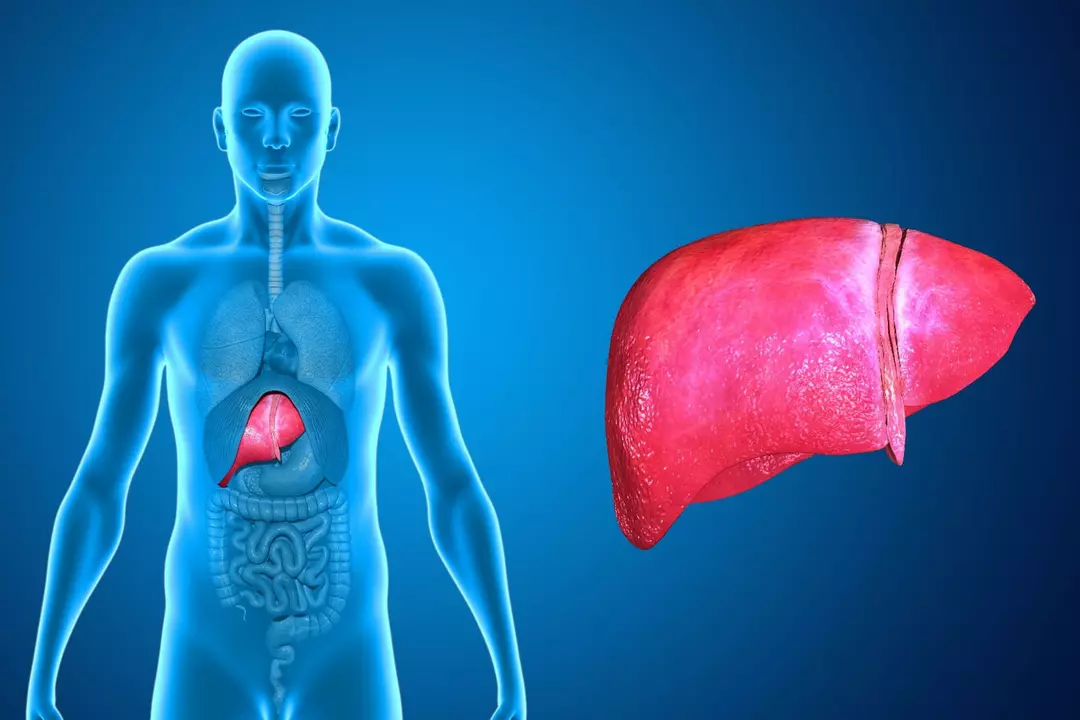Liver Health: Practical Tips to Protect Your Liver
Your liver works nonstop — it cleans your blood, makes important proteins, and stores energy. Treat it well and it will keep you going. Ignore warning signs and lifestyle risks and you could end up with long-term damage. Below are clear, practical steps you can use today.
Tests and Red Flags
Want a quick check on liver health? Ask your doctor for simple blood tests: ALT, AST, GGT, alkaline phosphatase, and bilirubin. These show how well your liver is doing. If any of those are high, your doctor will dig deeper.
Go to a doctor right away if you get yellow skin or eyes (jaundice), dark urine, very light stools, sudden belly pain, swelling in the legs, or unexplained bruises. These are not things to ignore.
Daily Habits That Help Your Liver
Alcohol: Keep it low. Aiming for no more than one drink a day for women and two for men reduces risk. If you have fatty liver, hepatitis, or take meds that affect the liver, cut alcohol out until your doctor says it's safe.
Pain relievers: Acetaminophen (paracetamol) is safe at regular doses, but don’t take more than 3,000 mg a day unless your doctor approves. Many combinations of cold or flu pills add up fast — check labels.
Medications and supplements: Some drugs and herbal products can hurt the liver. Common offenders include high-dose vitamin A, certain antibiotics, isoniazid, methotrexate, and herbs like kava or concentrated green tea extract. If you order meds or supplements online, use a licensed pharmacy and pick products with third-party testing (USP, NSF, or ConsumerLab).
Food and weight: Losing even 5–10% of body weight can improve fatty liver. Eat more vegetables, whole grains, lean proteins, and healthy fats like olive oil. Cut back on sugary drinks, processed snacks, and fried foods — they raise liver fat.
Coffee: Good news — moderate coffee (about 2–3 cups a day) is linked to lower risk of liver scarring in several clinical studies. No need to add sugar or full-fat cream.
Move more: Aim for about 30 minutes of moderate activity most days. Walking, cycling, or strength training all help reduce liver fat and improve insulin resistance.
When buying treatments or supplements online, avoid unknown sellers offering miracle cures. Check the pharmacy’s credentials, read real reviews, and keep receipts so you can discuss products with your doctor. If a pill promises instant liver detox, be skeptical — the best approach combines safe meds, a healthy diet, exercise, and regular check-ups.
Want a quick plan? Get baseline liver blood tests, cut back on alcohol and sugar, stop risky supplements, add daily movement, and follow up with your doctor in 3–6 months. Small changes now make a big difference later.
 7 May 2023
7 May 2023
As a patient, it's essential to understand the relationship between Allopurinol and liver health. Allopurinol is a medication used to treat gout and kidney stones by reducing the production of uric acid in the body. While it can be incredibly helpful, it's crucial to be aware that it can sometimes cause liver damage as a side effect. It's important to monitor liver function while on this medication and report any concerning symptoms to your doctor. By staying informed and proactive, we can ensure our liver health is maintained while using Allopurinol for treatment.
View More

